How Cameron squirmed after being grilled on Israeli terrorism against Iran
By Reza Javadi
The criticism against the UK's stance on Iran’s retaliatory military operation against Israel gained momentum this week after British foreign secretary David Cameron’s startling remarks.
In an interview with Sky News earlier this week, Cameron harshly criticized Iran for its military strikes against the Israeli regime but hastened to add that the UK would have reacted similarly if one of its embassies came under attack.
Late on Saturday, Iran launched a barrage of drones and missiles directly against occupied territories in response to the attack on Iran's consulate in Damascus that led to the assassination of seven individuals, including three senior Islamic Revolution Guards Corps commanders.
The Israeli attack, according to legal luminaries, was in violation of international law and the Vienna Convention of 1961, as embassies are considered the soil of that particular country.
During the interview, when asked by the Sky News journalist about how Britain would react if one of its embassies was "flattened", Cameron said, "We would take very strong action," drawing criticism from all across the world for UK’s double standards on the matter.
The 57-year-old former British prime minister attempted to justify his remarks by differentiating between Israel's actions in Damascus and Iran's attack on occupied territories in response, highlighting the magnitude and scale of Iran's retaliation.
There was a "massive degree of difference" between what Israel did in Damascus and Iran's unprecedented attack, Cameron stressed.
"I would argue there is a massive degree of difference between what Israel did in Damascus and, as I said,” referring to “301 weapons”, “36 cruise missiles”, and “185 drones” launched by Iran against military targets in the occupied territories.
While making the comparison, Cameron struggled to differentiate between the Iranian and Israeli casualties in the attacks. The Israeli regime’s attack against the Iranian embassy in Syria assassinated seven people, while there have been no formal reports of any casualties in the Iranian attack.
He also couldn’t differentiate between the pre-attack warnings from both sides. Israel targeted the Iranian consulate without any prior warning, as the intention was to assassinate Iranian diplomats in breach of international law, while the Iranian military intended to target the regime’s military facilities.
The foreign secretary’s remarks were widely criticized across social media, with thousands of people condemning the UK government for its blatant hypocrisy.
UK Foreign Secretary David Cameron: Iran attacking Israel was "reckless"
— PressTV Extra (@PresstvExtra) April 15, 2024
Journalist: What would Britain do if our consulate was flattened?
David Cameron: Well, we would take a very strong action...
Follow us on Telegram: https://t.co/Ydtgh5Mbr0 pic.twitter.com/jo6YIzn4Hp
Following the UK foreign secretary’s controversial comments on Sky News and his government’s backing of the Israeli regime, the Iranian foreign ministry condemned the move, expressing astonishment at the UK's criticism of Iran's legitimate response to Israel's attack on its embassy.
In a telephone conversation on Monday, Iranian foreign minister Hossein Amir-Abdollahian condemned Cameron's stance and questioned the UK's unwavering support for Israel despite its illegal actions, including the daily massacres of civilians in Gaza.
“What does the British government gain from this amount of irresponsible support for Israel?” Amirabdollahian asked Cameron.
The top Iranian diplomat stressed that Iran's retaliatory measures align with the principle of legitimate defense outlined in Article 51 of the United Nations Charter.
The foreign ministers’ exchange of remarks came after Iran's foreign ministry summoned the ambassadors of the UK, France, and Germany to question their "irresponsible stance" regarding Tehran's retaliatory strikes on the Israeli regime.
The director for Western Europe at Iran's foreign ministry warned against the three countries’ "double standards" and questioned their bias in opposing a UN Security Council statement condemning Israel's attack on Iran's embassy in Syria earlier in the month.
"Iran's military action against the Zionist regime's (Israel) bases is well within the framework of the right to legitimate defense stipulated in Article 51 of the United Nations Charter and it is in response to a series of crimes, including the recent attack on the embassy compound in Syria," the official added.
The British diplomat’s controversial comments were also met with criticism from George Galloway, a member of the UK Parliament, who warned against the West’s double standards on Israel and Iran.
Exposing the inconsistency in Western attitudes, Galloway said that if international standards were applied uniformly, then Western governments would have condemned Israel’s “blatant” bombing of the Iranian embassy building in Syria, and not just Iran’s response to the Israeli regime’s actions.
"The mantra that Israel has a right to defend itself clearly does not apply to Iran. The mantra that there's a rules-based order, that there is Vienna Convention protecting the inviolability of diplomatic premises of every country in every other country is clearly bunkum,” the firebrand British MP said.
“It doesn't apply to those that the Western empire disapproves of. Otherwise, every Western government would have condemned Israel’s blatant brazen destruction of Iran’s embassy in Damascus. They would have done if it was anyone else, Wouldn’t they?”
Meanwhile, continuing its pivotal military support for the Israeli regime, the UK authorities claimed that the Royal Air Force (RAF) came to the defense of the Israeli regime during Saturday night’s attacks.
As part of Operation Shader, the codename for British military interventions in West Asia since 2014, several jets and air refueling tankers were dispatched to the region, according to Prime Minister Rishi Sunak, who confirmed that RAF jets intercepted and brought down "a number" of Iranian drones.
Speaking in the House of Commons on Monday, Sunak said “our pilots put themselves in harm's way” to protect the regime, and acknowledged the UK's contribution of “important intelligence, surveillance and reconnaissance support for our partners.”
UK Defence Secretary Grant Shapps also confirmed the deployment of further military assets in the occupied territories as a demonstration of solidarity with the Israeli regime.
"In response to escalation in the region and in partnership with our allies, the Prime Minister and I have authorized the deployment of additional Royal Air Force assets,” Shapps was quoted as saying.
The UK is a staunch ally of Israel, supporting the regime with a raft of lethal arms. The UK has authorized approximately £472 million in "standard" arms exports to Israel since 2015, alongside 58 "open" licenses of unlimited value, raising transparency issues and allowing unrestricted quantities, according to the figures by Campaign Against the Arms Trade (CAAT).
Reza Javadi has a PhD in British studies from the University of Tehran.
Araghchi slams World Economic Forum for canceling his invitation
Iran condemns Argentina’s unfounded accusations against IRGC
VIDEO | Fighting British state
Pezeshkian calls recent riots in Iran part of ‘failed’ US-Israeli war
VIDEO | Iran unity nullifies sedition
UK ‘preemptively’ discharges pro-Palestine hunger strikers recovering in hospital
US dollar falls in Iran amid rising export currency supply
Trump’s ‘Board of Peace’ for Gaza an extension of Israeli occupation: Ex-UN rights chief


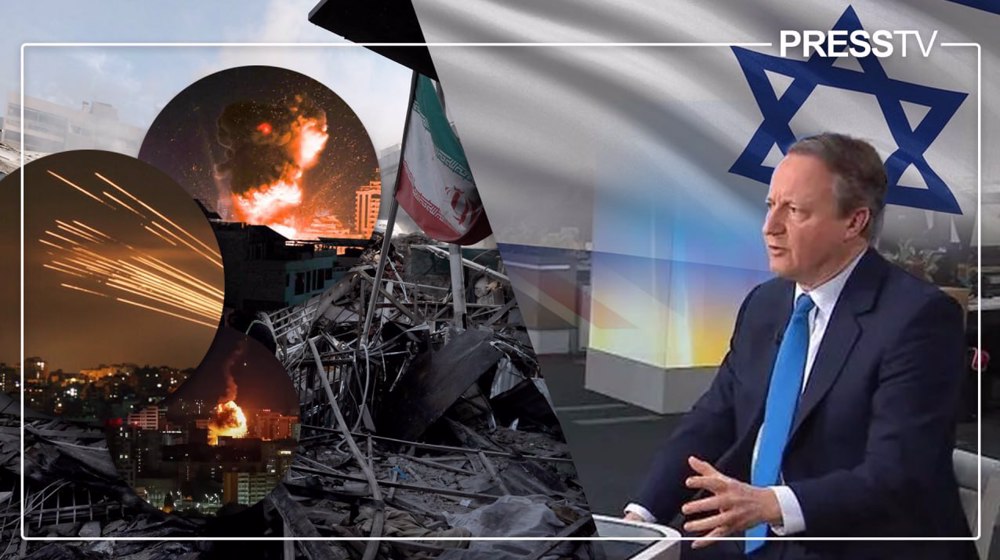
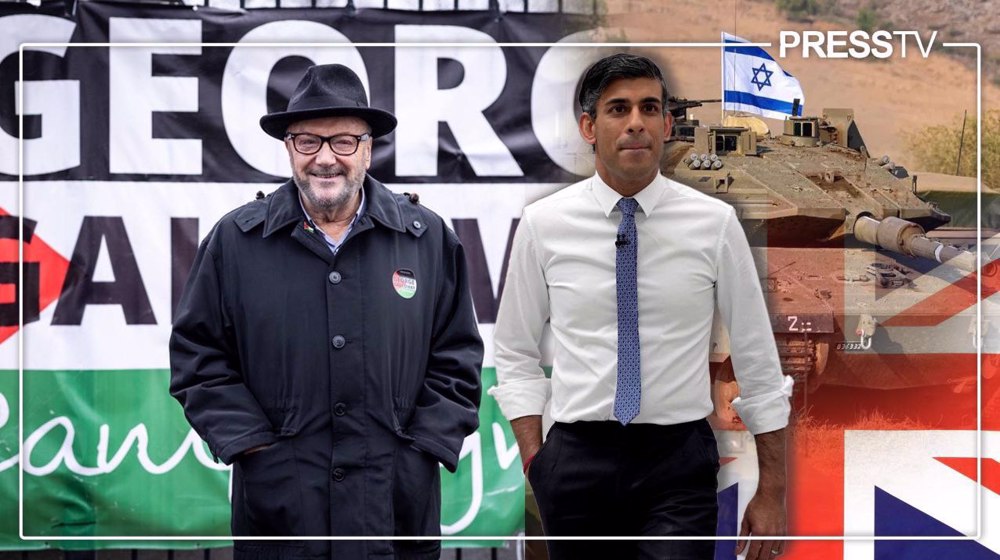
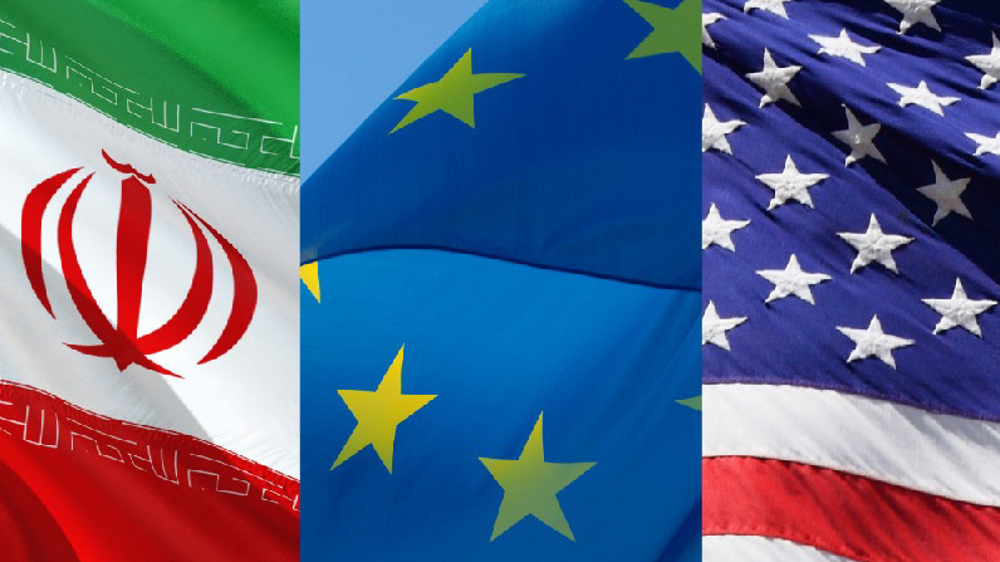
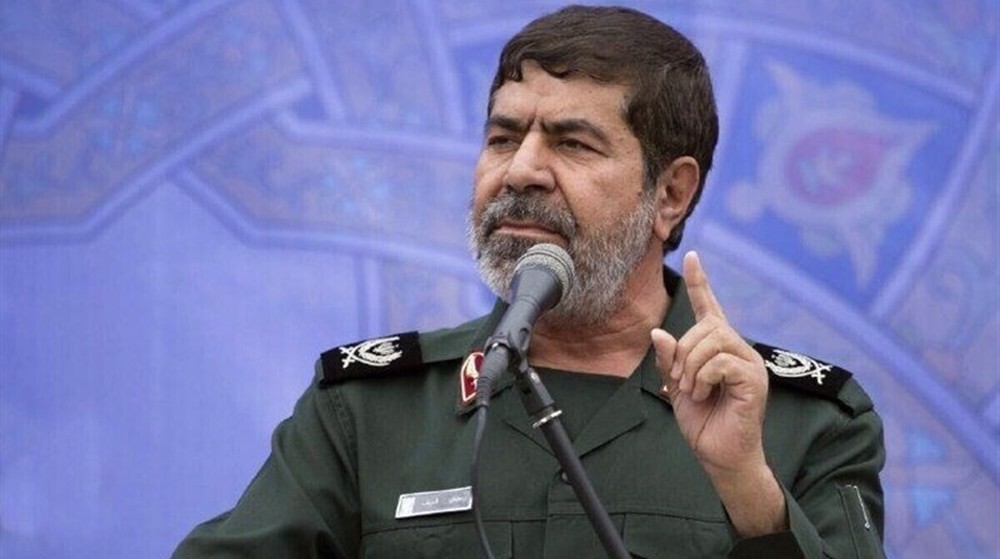
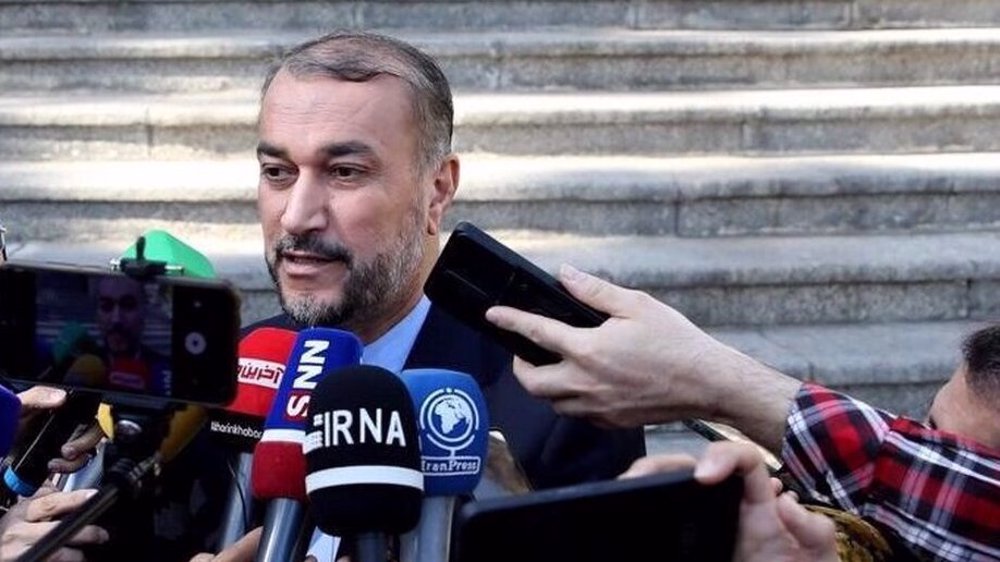



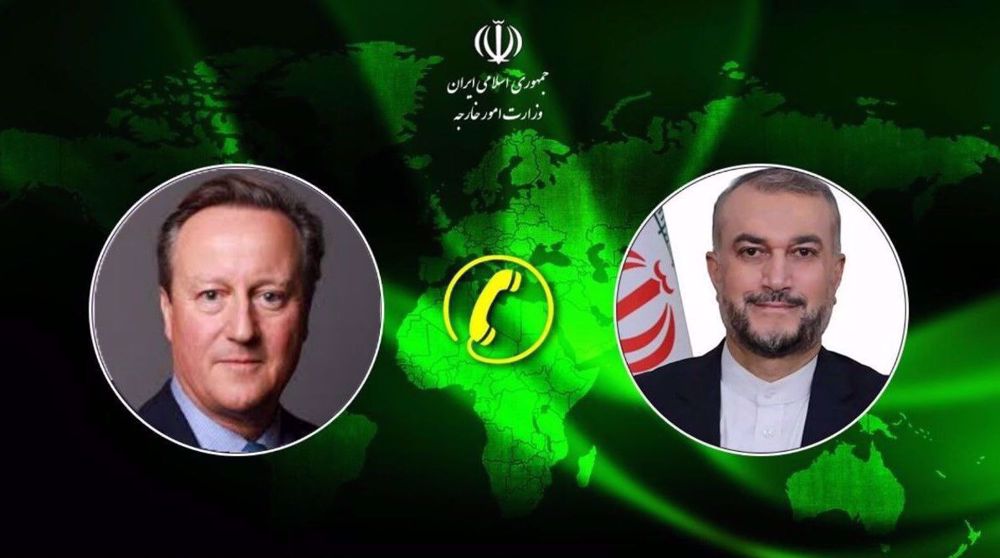
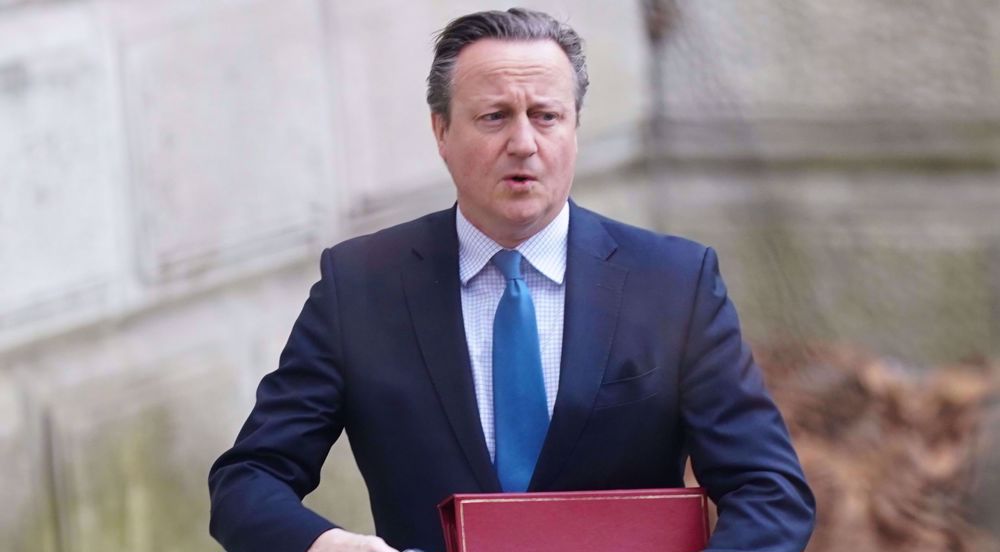
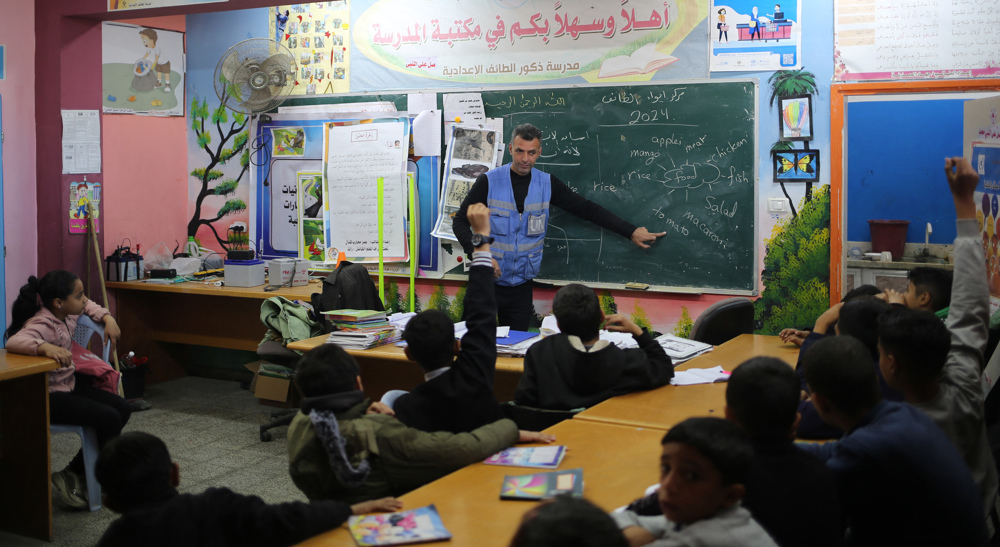
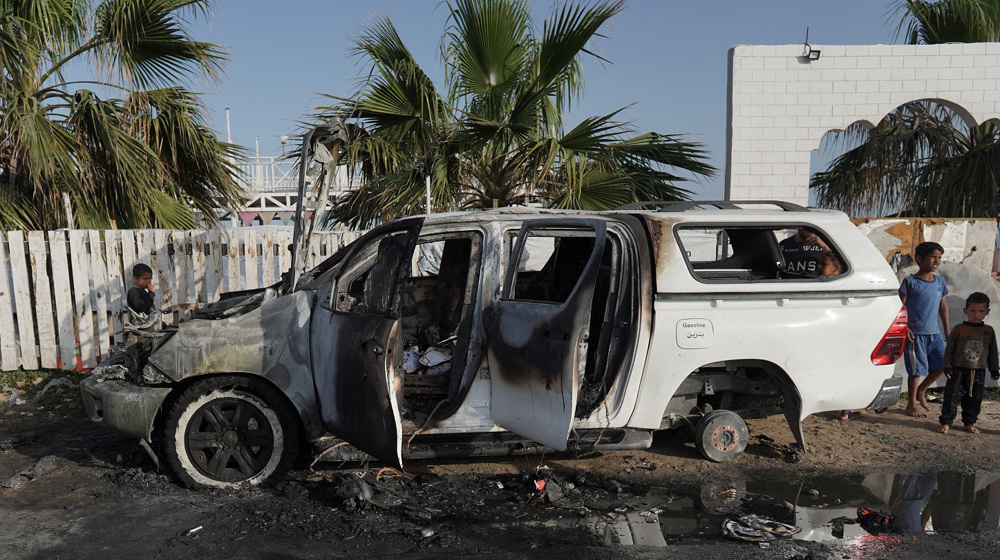
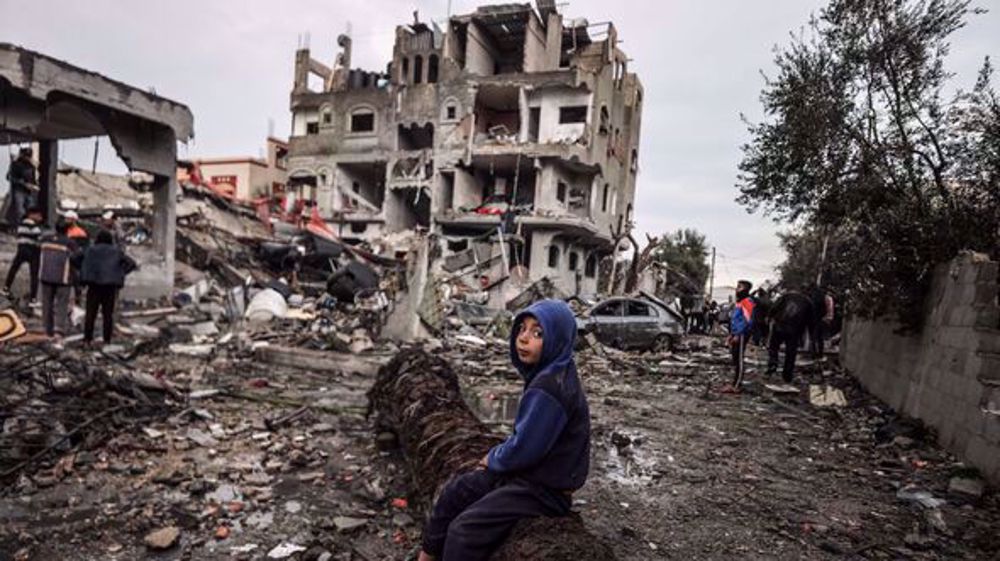
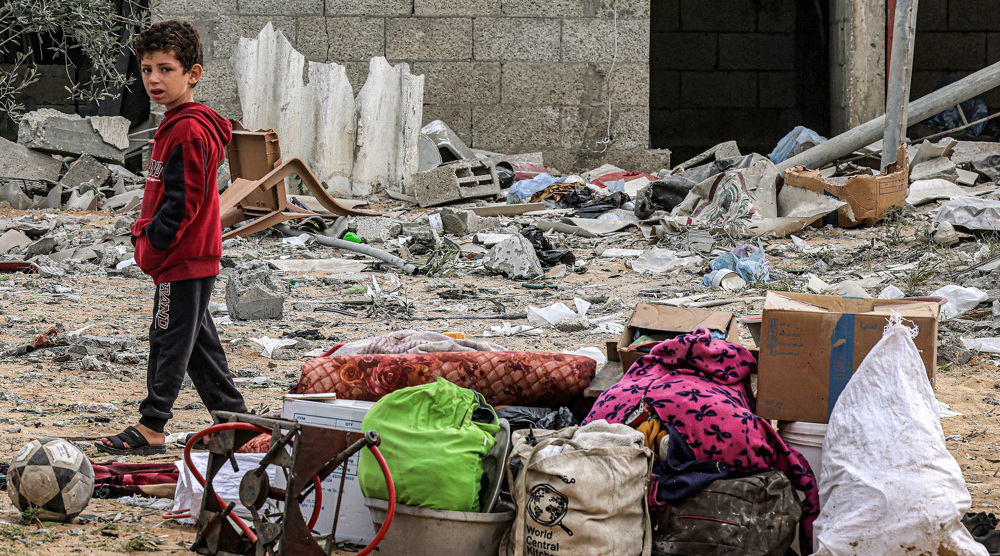

 This makes it easy to access the Press TV website
This makes it easy to access the Press TV website